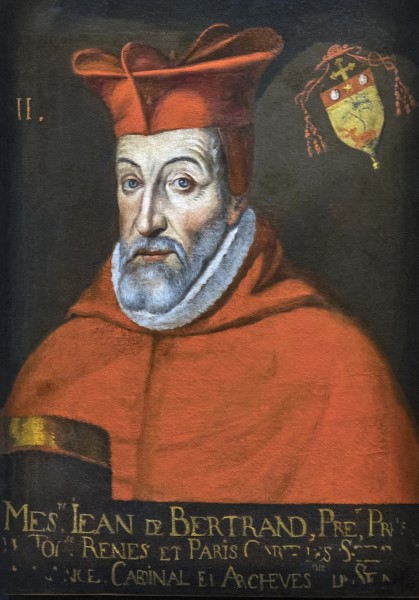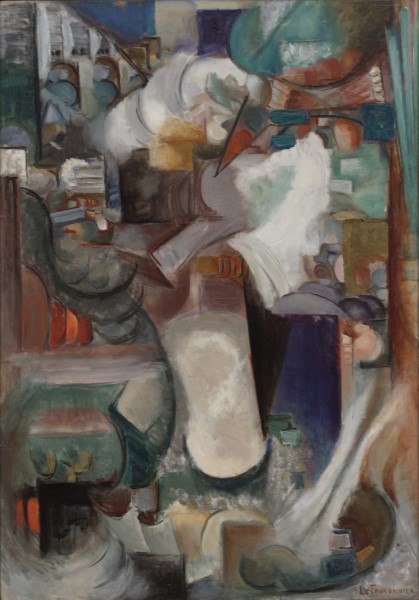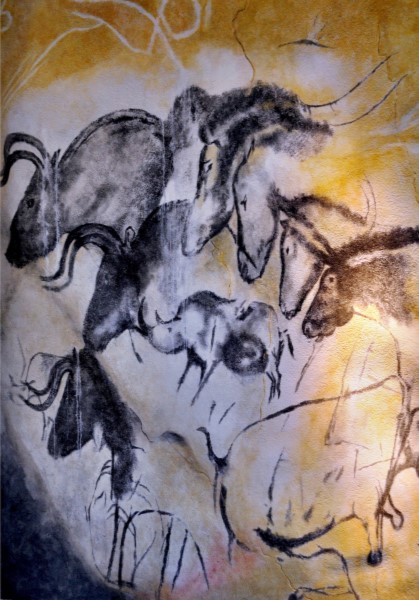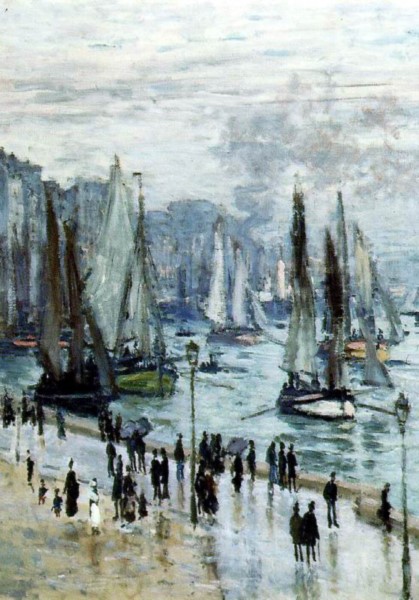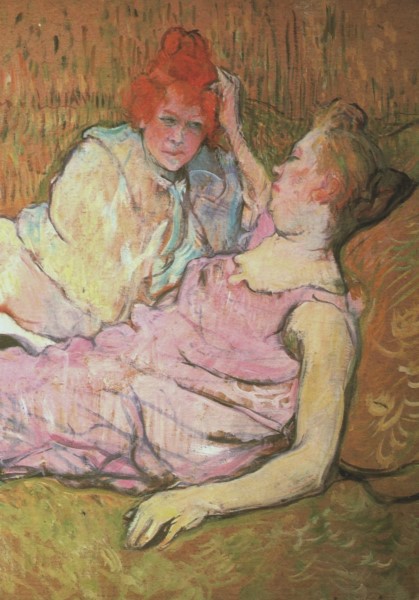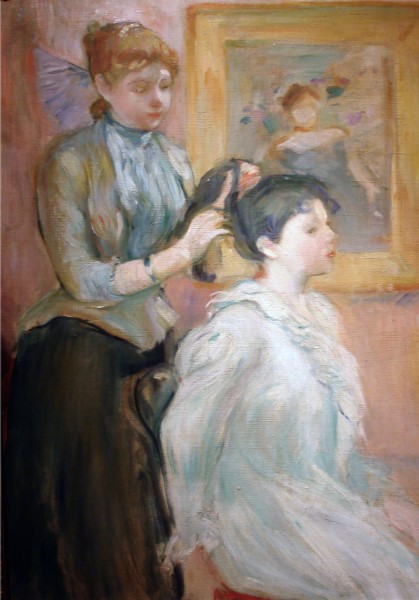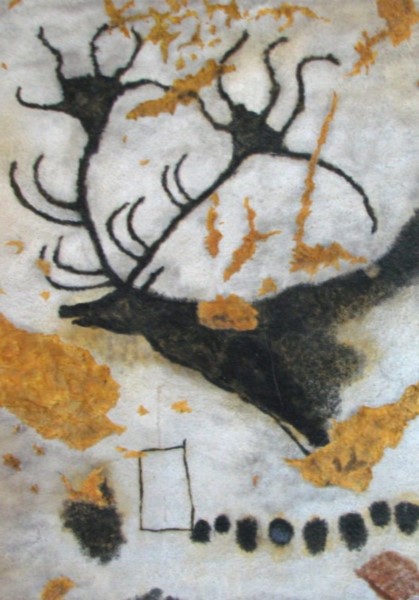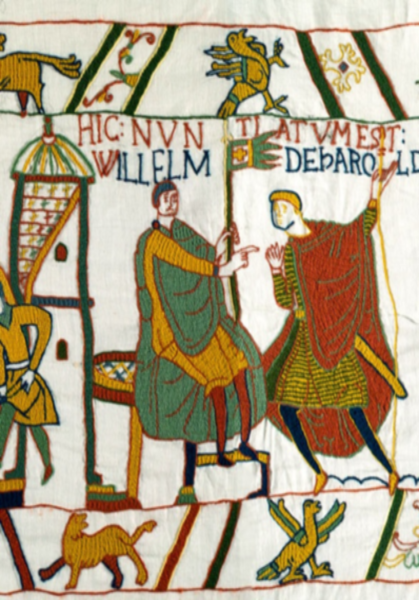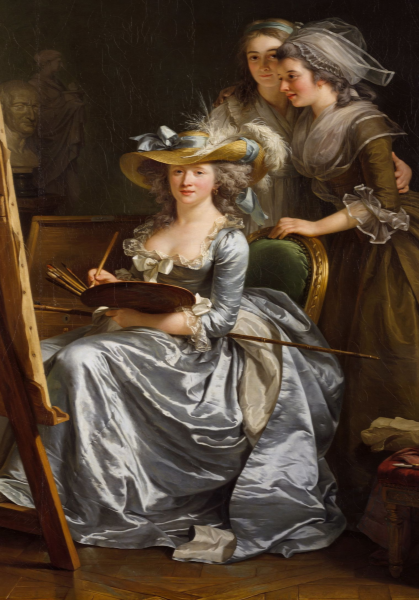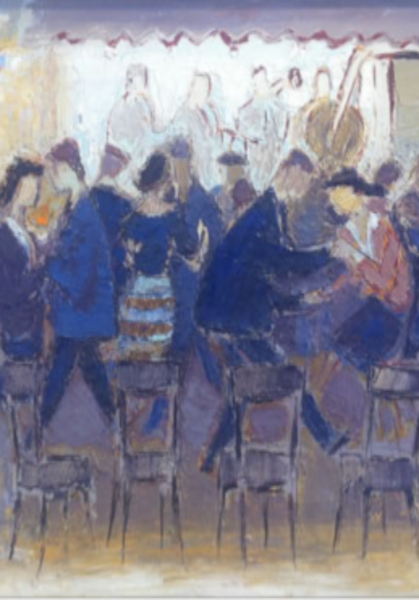Volume 16, Issue 2
Webinar: Paul Delaroche- Painting and Popular Spectacle (January 24, 2024, 10:00 AM Eastern Time-US and Canada/ 3:00 PM GMT)
Moderator: Gülru Çakmak, University of Massachusetts Amherst
In this webinar, Patricia Smyth (University of Warwick) is joined by an interdisciplinary panel of scholars including Emma Barker (the Open University), Janice Norwood (University of Hertfordshire), and Caroline Radcliffe (University of Birmingham), alongside a live audience, in order to examine some of the themes raised by Smyth’s book Paul Delaroche: Painting and Popular Spectacle (Liverpool University Press, 2022). The participants discuss the intersection of theater history, art history, and visual culture, offering insights into Delaroche’s work against the background of eighteenth- and nineteenth-century spectatorship practices.
Volume 16, Issue 1
“Mapping and Place Making in the French Empire”
Edited by:
Angie Epifano, Yale University
“Mapping and Place Making in the French Empire” is a thematic volume that examines the role of place-making in the French Empire. Building from the geographic turn in recent scholarship, authors in this volume consider the ways that mapping and spatial constructions affected French imperial and colonial projects. This volume brings together scholars from across time periods and geographies in order to illuminate points of convergence and departure within the French Empire. The authors grapple with the long-lasting effects of colonial and imperial logics both on indigenous communities and perceptions held by those in the metropole. The authors also consider moments of rejection of and resistance to imperial-colonial structures by indigenous actors, pointing to moments for scholarly innovation.
“Introduction: Mapping and Place Making in the French Empire,”
Angie Epifano
Yale University
“Adding Relief to Maps: French and Indigenous Cartography at the Arkansas Post,”
Tessa Evans
Germanna Community College
“Lands in Translation: Reconfiguring Space and Ownership on a Phosphate Plateau,”
William Matt Cavert
University of Hawai’i West O’ahu
“Beyond Belonging: Rethinking Domestic Space in Imperial Histories,”
Gregory Valdespino
“A road trip through the colonial culture of “Wider France.” Revisiting “The Black Journey” (1924-1925) beyond our colonial amnesia,”
Vincent Clement
University of New Caledonia
